AFRICA AND FRANCE
African Expressive Cultures
Patrick McNaughton, editor
Associate editors
Catherine M. Cole
Barbara G. Hoffman
Eileen Julien
Kassim Kon
D. A. Masolo
Elisha Renne
Zo Strother
AFRICA AND FRANCE
Postcolonial Cultures, Migration, and Racism
DOMINIC THOMAS

This book is a publication of
Indiana University Press
601 North Morton Street
Bloomington, Indiana 47404-3797 USA
iupress.indiana.edu
Telephone orders 800-842-6796
Fax orders 812-855-7931
2013 by Dominic Thomas
All rights reserved
No part of this book may be reproduced or utilized in any form or by any means, electronic or mechanical, including photocopying and recording, or by any information storage and retrieval system, without permission in writing from the publisher. The Association of American University Presses Resolution on Permissions constitutes the only exception to this prohibition.
 The paper used in this publication meets the minimum requirements of the American National Standard for Information SciencesPermanence of Paper for Printed Library Materials, ANSI Z39.48-1992.
The paper used in this publication meets the minimum requirements of the American National Standard for Information SciencesPermanence of Paper for Printed Library Materials, ANSI Z39.48-1992.
Manufactured in the United States of America
Library of Congress Cataloging-in-Publication Data
Thomas, Dominic Richard David.
Africa and France : postcolonial cultures, migration, and racism/Dominic Thomas.
p. cm. (African expressive cultures)
Includes bibliographical references and index.
ISBN 978-0-253-00669-1 (cloth : alk. paper)
ISBN 978-0-253-00670-7 (pbk. : alk. paper)
ISBN 978-0-253-00703-2 (eb)
1. AfricansCultural assimilationFrance. 2. FranceRace relations. 3. National characteristics, French. 4. MulticulturalismFrance. 5. RacismFrance. 6. AfricaEmigration and immigrationFrance. 7. FranceEmigration and immigrationAfrica. 8. PostcolonialismFrance. I. Title.
DC34.5.A37T48 2013
305.896044dc23
2012036060
1 2 3 4 5 17 16 15 14 13
For Devereux and Erin
Having authority over our own story, and the means to tell it, is the most potent weapon that any of us are able to utilize against the corrupt vision of the far right.
Caryl Phillips, Color Me English (2011)
The question is not Who is French, but rather what is a human being?
J.-M. G. Le Clzio, Universalism and Multiculturalism (2009)
CONTENTS
ACKNOWLEDGMENTS
I am deeply appreciative of the generosity of colleagues and friends who have helped methrough their research, questioning, and thought-provoking ideasimprove my understanding of the various concepts, issues and questions explored in this book. My greatest debt of gratitude is to Dee Mortensen, Senior Sponsoring Editor at Indiana University Press, for her unyielding support and indispensable insights, and also to Sarah Jacobi, Assistant Sponsoring Editor, for her encouragement and editorial help.
Earlier versions of several chapters were previously published in edited books and international journals, including Radical Philosophy, Yale French Studies, African and Black Diaspora, French Forum, Australian Journal of French Studies, Transnational French Studies (Liverpool UP), Sites: Contemporary French and Francophone Cultures, Black France-France noire (Duke UP), European Studies: An Interdisciplinary Series in European Culture, History and Politics, Bulletin of Francophone Postcolonial Studies, French Cultural Studies, and Expressions Maghrbines. They are reproduced here with kind permission.
AFRICA AND FRANCE
Introduction
FRANCE AND THE NEW WORLD ORDER
Why is it that at a time when the globalization of financial markets, cultural flows, and the melting pot of populations have engendered greater unification of the world, France, and by extension Europe, remain reluctant to think critically about the postcolony, namely the history of its presence in the world and the history of the presence of the world in France, before, during, and after Empire?
Achille Mbembe
an is di same ole cain and able sindrome far more hainshent dan di fall of Rome but in di new word hawdah a atrocity is a brand new langwidge a barbarity
Linton Kwesi Johnson
On November 21, 2009, the front page of the French daily newspaper Le Monde included an entryAlbert Camus au Panthon? (Albert Camus at the Pantheon?)by the well-known political cartoonist Plantu. This image highlighted the complexity of former president Nicolas Sarkozys ambition of moving Camus remains to the great Panthon mausoleum. In the cartoon, Sarkozy is standing behind a podium bearing a French flag and inscribed with the wording Sarko-Malraux, and singing Entre ici ltranger (Come in foreigner/outsider). This is an obvious reference to Camus most well-known novel L tranger (1942). Indeed the cartoon reinforces an association further by the presence of a winged and airborne Camus holding a copy of his novel, the recognizable structure of the Panthon in the background, and a police officer ordering a black man with the familiar tu (Toi, tu rentres ici! [Hey you, this
There are of course numerous precursors to this latest debate concerning the pantheonization of historical figures, most notably as far as the commemoration and status of Black figures are concerned, including Flix bou (the colonial administrator), Louis Delgrs (a mulatto leader in the struggle against the restoration of slavery in 1802), and Toussaint Louverture (who played a key role in the struggle for Haitian independence).(radiance). Prominent appointees have included Jack Lang (198186 and 198893), the catalyst behind the ambitious architectural projects known as the grands travaux that transformed the Parisian landscape (the Institut du Monde Arabe, the Muse dOrsay, and Opra Bastille); Jacques Toubon (199395), the forceful advocate and protectionist of the French language; and more recently Frdric Mitterrand (former President Mitterrands nephew), a no less controversial figure.
During Sarkozys presidency (20072012), policies included a broad range of interconnected and interaligned operations between various ministries. Museological practices are subject to greater scrutiny in light of these political and social transformations, and a comparative transhistorical and transcolonial analysis of European museums stands to improve the contextualization of these experiences and legacies. In addition to the refurbishment and restructuring of colonial era museums, new spaces have also been inaugurated, thereby further highlighting the importance of museums in postcolonial Europe, as well as the significance of incorporating the perspective of postcolonial European populations into these museums.
Foremost among Sarkozys initiatives was a concern with French history and French national identity; in other words, with the preservation of patrimony and with a definition of memory. Not surprisingly, Sarkozy actively pursued a project to open a French history museum. Indeed, several cultural and social projects have come to fruition in France in recent years. Most noteworthy is the opening in 2006 of the Quai Branly Museum (MQB, Muse du Quai Branly, a museum that has centralized French holdings in the arts of Africa, Oceania, Asia, and the Americas) and in 2007 of the National Center for the History of Immigration (CNHI, Cit nationale de lhistoire de limmigration). The CNHI is located at the Porte Dore in eastern Paris in the building that had formerly
Next page

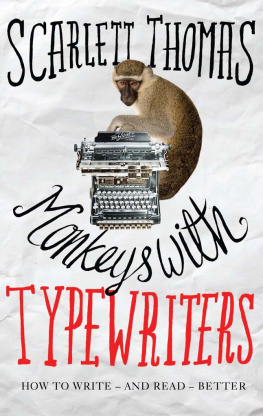




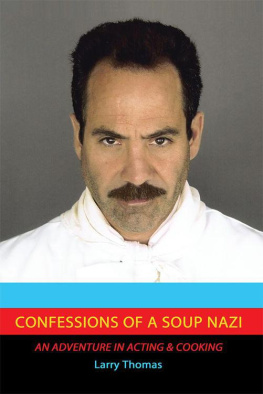
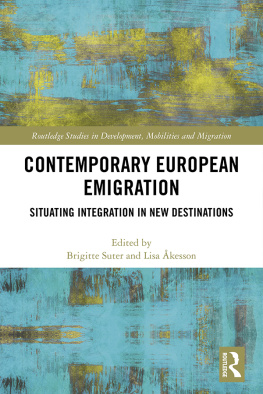
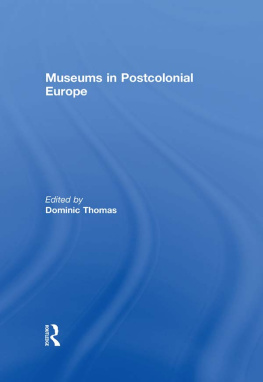
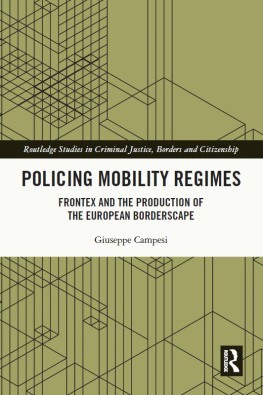
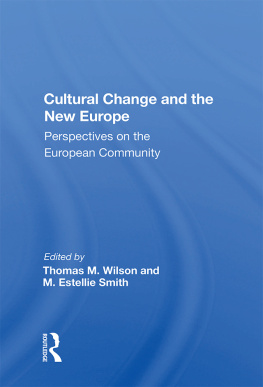




 The paper used in this publication meets the minimum requirements of the American National Standard for Information SciencesPermanence of Paper for Printed Library Materials, ANSI Z39.48-1992.
The paper used in this publication meets the minimum requirements of the American National Standard for Information SciencesPermanence of Paper for Printed Library Materials, ANSI Z39.48-1992.